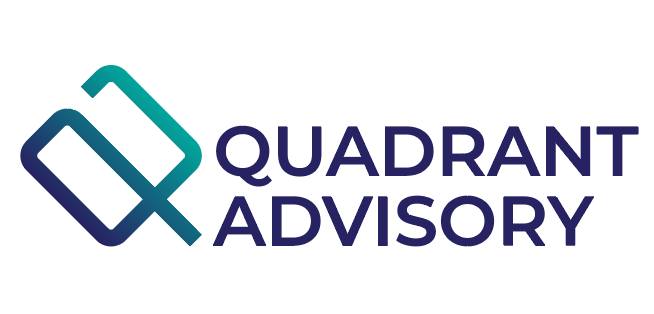The Basics of Financial Reporting

When Pfizer published their latest financial report, the company proved that it outpaced even analyst predictions. The report showcased a $13 billion global revenue from the COVID-19 vaccine sales. It rocketed the company to even greater heights than before, setting it as a world leader in the pharmaceutical industry.
As a result of their detailed financial reporting, Pfizer enjoyed investor confidence in the company and a 3% increase in shares in pre-market trading.
The Objective

The objective of financial reports is to compile and present the company’s financial details most accurately. This vital information goes out to the public, including consumers, business partners, market analysts, and more. It ultimately defines a company’s financial status and its place in the industry.
Financial reporting and analysis go hand in hand. The report doesn’t only list the company’s capital, revenue, expenses, and cash flow, but it also describes the organization’s business processes in detail. It explains where this revenue comes from and where the gains and losses happened throughout the past cycle.
The Importance of Financial Reporting

Tax compliance
Having a comprehensive and accurate financial report for the past cycle gives the audience an idea of the company’s tax responsibilities. They are required by law to present an accurate account of their revenue and operational cost so the government can tax them accurately.
Understanding the Company’s Financial Condition
Potential partners and investors look into a corporation’s financial report to determine if it’s feasible or profitable for them to invest in it.
Take, for example, the infamous missteps that early investors took when they invested in Theranos. Lured by the supposed multi-billion-dollar valuation on the company, they neglected to request audited financial reports and statements. As a result, they lost their investment when the company ultimately proved fraudulent in their claims and declarations.
Shareholders Equity
In a similar vein, shareholders use the report to determine various equity components. This includes their retained earnings and how much shareholders’ equity has grown over the past financial cycle. It determines the return on investment for the shareholder base.
Examining Business Processes
It’s an opportunity for the company to look through its business processes. They can identify problem areas where they lose money and areas that need enhancement. It’s similar to an internal audit of the company’s procedures. The company can create better business strategies by analyzing this data.
What You Find in a Financial Report

- External financial statements – These include income statements, cash flow statements, balance sheets, and the shareholders’ stock equity.
- Statement and communication notes – These documents provide context behind the financial statements. This is where the numbers come from. Similarly, communication about these numbers must be added. This includes conference call notes, memos, and other pertinent files.
- Reports to government agencies – As part of tax compliance, the information includes what reports are getting sent to appropriate government agencies, such as the SEC.
- Business website information – What the company’s website presents about the company and the report must match. This way, the company can present itself most transparently.
- Stock documentation – This is vital to shareholders and potential investors. It also indicates the issuance of common stock and other securities.
Why Accuracy Matters
Verifiable, quantifiable data is the only way a company and the audience can glean all the benefits of a financial report. And these numbers must come from all aspects of the company’s processes.
Internal controls over financial reporting help vet the accuracy of the numbers. The company’s principal executive and financial officers are responsible for overseeing the creation of the report with the correct information and the results of the computations.
Consult with Financial Reporting Professionals

Accuracy is so vital that companies frequently rely on third-party consultants and advisors to generate these reports. These accountants and services will remain unbiased to a company’s internal workings. They can more objectively analyze the company’s financial situation. They can also run and rerun the numbers to ensure that they are correct.
Ensure that your company has the most accurate information and gets the best data analysis by consulting with Quadrant Advisory. Our managed accounting services can create a better path to success for your business. Contact us today for a free consultation, or see what other financial services we can offer your business.
